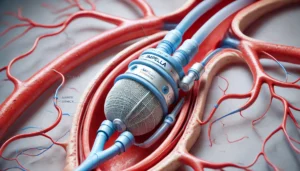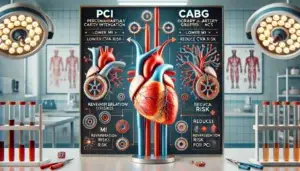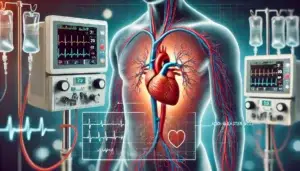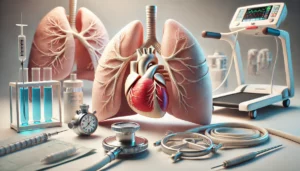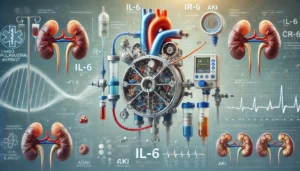
A New Protocol for Removal of the Endothelium from the Perfused Rat Hind-Limb Preparation
This study introduces a novel method for selectively removing endothelial cells from rat hind-limb arteries using a high flow/air bubbles/high flow protocol. The technique effectively removes endothelium from larger arteries without damaging smooth muscle cells, arterioles, or capillaries. It enhances vascular reactivity, as shown by increased contractile responses to a,β-methylene ATP. This method provides a model for investigating vascular function with and without endothelial influence.


